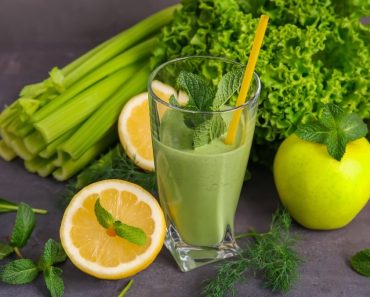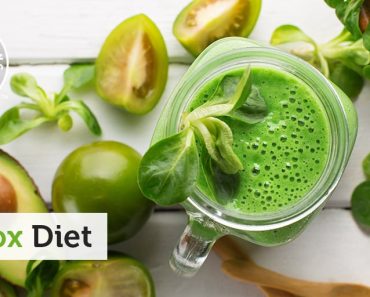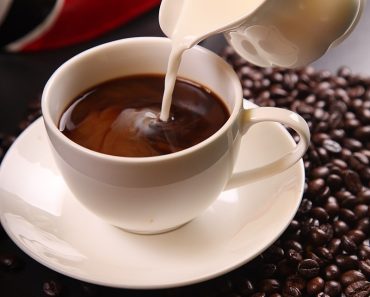In our fast-paced world, finding natural and effective ways to relax and unwind is more important than ever. Herbal teas have long been cherished for their soothing properties and ability to promote relaxation. From ancient traditions to modern wellness routines, these botanical brews offer a variety of health benefits that can help ease stress and improve overall well-being. This article explores the numerous advantages of herbal teas for relaxation, highlighting some of the most popular varieties and their unique calming effects.
The Science Behind Herbal Teas
Herbal teas are made from the leaves, flowers, seeds, or roots of various plants, each offering distinct health benefits. Unlike traditional teas, such as black, green, or oolong, herbal teas are typically caffeine-free, making them an excellent choice for promoting relaxation and aiding sleep. The calming effects of herbal teas are often attributed to the presence of natural compounds like flavonoids, antioxidants, and essential oils, which can have a soothing impact on the body and mind.
Popular Herbal Teas for Relaxation

Chamomile Tea
Chamomile tea is perhaps the most well-known herbal tea for relaxation. Made from the dried flowers of the chamomile plant, this tea has a mild, pleasant flavor and is renowned for its calming effects. Chamomile contains apigenin, an antioxidant that binds to specific receptors in the brain, promoting relaxation and reducing insomnia. Drinking chamomile tea before bedtime can help improve sleep quality and reduce anxiety.
Peppermint Tea
Peppermint tea is another popular choice for those seeking relaxation. The menthol in peppermint has natural muscle relaxant properties, which can help alleviate tension and stress. Additionally, peppermint tea is known for its digestive benefits, making it a great option for soothing an upset stomach and promoting a sense of overall well-being.
Lavender Tea
Lavender is widely recognized for its calming aroma, and lavender tea offers similar benefits. Made from the dried buds of the lavender plant, this tea can help reduce anxiety, promote relaxation, and improve sleep. The essential oils in lavender have been shown to have a sedative effect, making lavender tea a perfect evening beverage.
Lemon Balm Tea
Lemon balm, a member of the mint family, is often used to reduce stress and improve mood. Lemon balm tea has a refreshing, citrusy flavor and is known for its calming properties. Studies have shown that lemon balm can help alleviate symptoms of anxiety, promote relaxation, and enhance cognitive function.
Valerian Root Tea
Valerian root has been used for centuries as a natural remedy for insomnia and anxiety. Valerian root tea has a strong, earthy flavor and is known for its potent calming effects. The compounds in valerian root can help increase levels of gamma-aminobutyric acid (GABA) in the brain, a neurotransmitter that promotes relaxation and reduces stress.
Passionflower Tea
Passionflower is another herb traditionally used to treat anxiety and insomnia. Passionflower tea has a mild, floral flavor and can help enhance GABA levels in the brain, promoting relaxation and improving sleep quality. Drinking passionflower tea before bed can help you unwind and prepare for a restful night’s sleep.
Health Benefits of Herbal Teas
Beyond their calming effects, herbal teas offer a range of health benefits that contribute to overall well-being. Here are some additional advantages of incorporating herbal teas into your daily routine:
Antioxidant Properties
Many herbal teas are rich in antioxidants, which help protect the body from oxidative stress and free radical damage. Antioxidants can boost the immune system, reduce inflammation, and lower the risk of chronic diseases.
Digestive Health
Herbal teas like peppermint and ginger are known for their digestive benefits. They can help relieve symptoms of indigestion, bloating, and nausea, promoting a healthy digestive system.
Hydration
Staying hydrated is essential for overall health, and drinking herbal tea is a delicious way to increase your fluid intake. Herbal teas are naturally caffeine-free, making them a hydrating and refreshing beverage option.
Heart Health
Certain herbal teas, such as hibiscus tea, have been shown to support heart health by lowering blood pressure and reducing cholesterol levels. Incorporating these teas into your diet can help maintain a healthy cardiovascular system.
Tips for Brewing and Enjoying Herbal Teas
To maximize the benefits of herbal teas for relaxation, follow these simple brewing tips:
Use Fresh, High-Quality Ingredients
Choose high-quality, organic herbs to ensure the best flavor and health benefits. Fresh, loose-leaf herbs are often more potent than pre-packaged tea bags.
Steep Properly
The steeping time and temperature can vary depending on the type of herb. Generally, herbal teas should be steeped in hot (not boiling) water for 5-10 minutes. Be sure to follow the specific instructions for each herb to extract the maximum benefits.
Experiment with Blends
Mixing different herbs can create unique and flavorful blends. For example, combining chamomile with lavender or peppermint with lemon balm can enhance the calming effects and provide a more enjoyable tea-drinking experience.
Create a Relaxing Ritual
Incorporating herbal tea into a daily relaxation ritual can enhance its benefits. Find a quiet, comfortable space, take deep breaths, and savor the moment as you enjoy your tea.
Herbal teas offer a natural and effective way to promote relaxation and improve overall well-being. With a wide variety of flavors and health benefits, there is an herbal tea to suit every preference and need. By incorporating these soothing beverages into your daily routine, you can enjoy the calming effects and numerous health advantages that herbal teas have to offer. Whether you’re seeking to reduce stress, improve sleep, or simply enjoy a moment of tranquility, herbal teas provide a comforting and beneficial solution.






